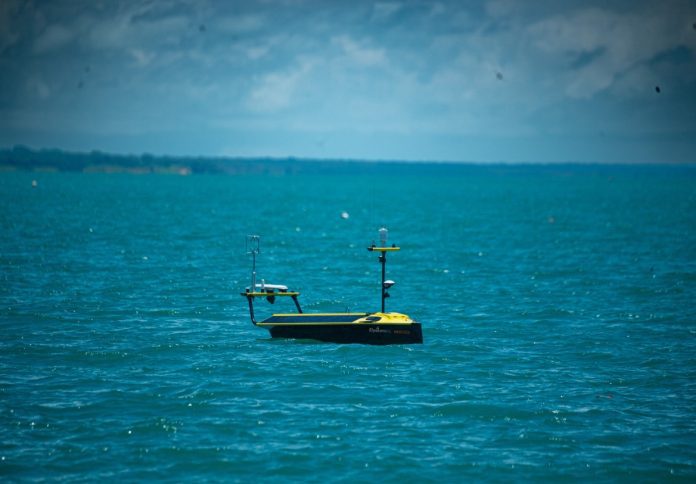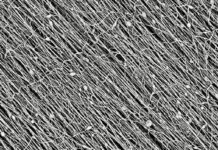
A new global network of ocean robots, designed to improve weather forecasting, maritime security, and marine research, has received formal endorsement from UNESCO following a proposal led by Charles Darwin University (CDU).
The network, known as the Surface Uncrewed Fleet (SUN Fleet), will coordinate a growing international effort to use uncrewed surface vehicles (USVs) to collect critical oceanographic and atmospheric data.
The initiative was presented in April by CDU Research Fellow and oceanographer Dr Ruth Patterson and has since been endorsed by the Global Ocean Observing System’s (GOOS) Observations Coordination Group, a body led by the Intergovernmental Oceanographic Commission of UNESCO and the World Meteorological Organisation.
Dr Patterson, who also heads Marine Environmental Services at Elysium EPL, said the endorsement marked a milestone in scientific collaboration and technology innovation.
“We are building a market for this new and currently booming industry of uncrewed surface vehicles,” she said. “This network is about science and industry collaborating to build a capacity and capability for broader humanity.”
The SUN Fleet is now the 17th global network under GOOS and is one of only three led by individuals in Australia, alongside projects at the Bureau of Meteorology and the Integrated Marine Observing System. The project brings together over 40 universities and institutions worldwide.
USVs are capable of traveling tens of thousands of kilometers without human intervention, using renewable energy to navigate harsh and remote marine environments that are often inaccessible to traditional vessels.
While USVs are already used globally for scientific research, this is the first coordinated effort to integrate data collection and distribution across multiple platforms and regions.
“The data collected is tied to people’s livelihoods, agriculture, fisheries and food security, shipping and more,” Dr Patterson said. “These observations will lead to better weather forecasts in our region and around the world.”
The SUN Fleet project office has been established at the University Corporation for Atmospheric Research’s Centre for Ocean Leadership in the United States.
The next steps for the network include developing global data standards, best practices, a governance model, and securing ongoing funding and sponsorship.
“It’s in humanity’s best interests to be invested in this network and this technology,” Dr Patterson added. “As weather events become more extreme and scientific research budgets face cuts, it’s more important than ever to have access to accurate and consistent data. At the same time, it’s also bolstering the blue economy and the autonomous vehicle market for scientific ocean enterprise.”
Dr Meghan Cronin, an oceanographer with the US National Oceanic and Atmospheric Administration (NOAA), said the network would play a crucial role in addressing long-standing data gaps in ocean science.
“USVs will allow us to cost-effectively sample vast areas of the ocean where we simply don’t have enough data,” said Dr Cronin, chair of the Observing Air-Sea Interaction Strategy. “They could be the answer to the question: How do we fill in the blanks?”
She added that the real impact of the fleet would be realised when real-time data from around the world could be fed into operational weather and climate models.
More information about the SUN Fleet can be found at https://airseaobs.org/sun-fleet.




















